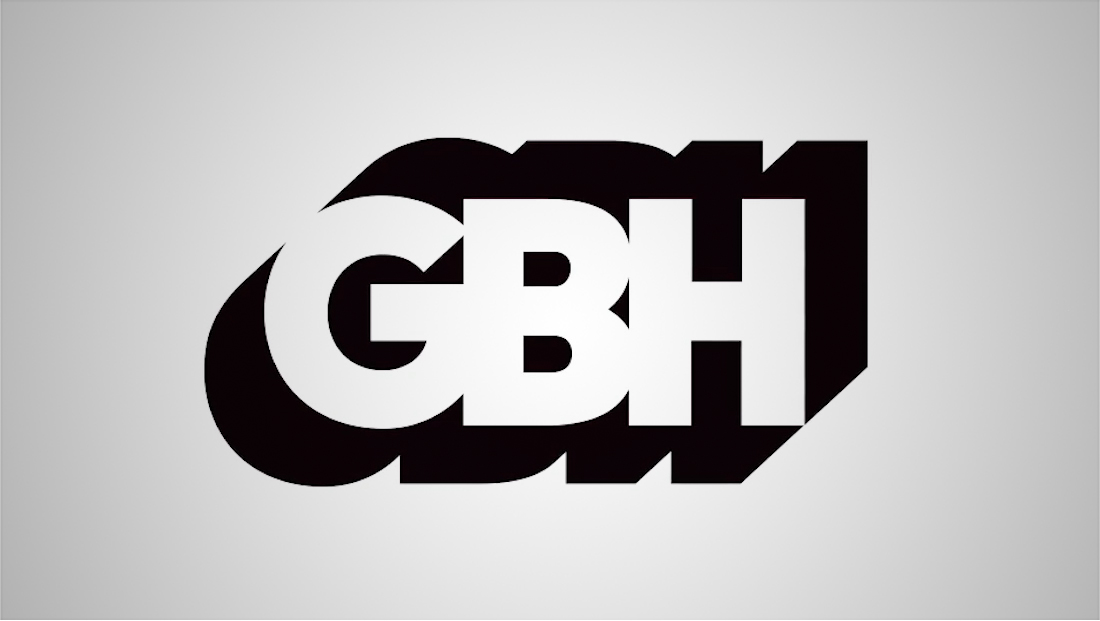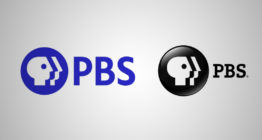Boston PBS losing a letter in rebranding

Weekly insights on the technology, production and business decisions shaping media and broadcast. Free to access. Independent coverage. Unsubscribe anytime.
Boston’s PBS member station WGBH is rebranding by losing the “W” in its name — to become known as simply “GBH.”
WGBH’s call letters are a familiar site to many PBS fans — since it’s behind popular productions such as “American Experience,” “Antiques Roadshow,” “This Old House,” “Nova” and other mainstays. It was also the station behind Julia Child’s “The French Chef.”
Because of this, the WGBH logo — created by reversing the letters out in the negative space formed by extruding the base letterform in two opposite directions — became familiar to viewers across the country thanks to its use in the production logo at the end of most programming created by the station.
However, in its announcement of the rebrand, WGBH says the letter “W” has become linked to broadcasting in the minds of many consumers — and doesn’t reflect its broader digital offerings.
“We’ve decided to drop the W from our name to reflect this shift in how we connect with our audiences as the world moves from the age of broadcast to the era of streaming,” the station says on its website.
Starting Sept. 1, 2020, the station and its production will brand as simply “GBH.”
The changes also affect its news division, WGBH News, which will become just “GBH News” and associated NPR member station 89.7 WGBH, which will brand on air as “GBH 89.7,” also flipping the frequency and letters.
WGBH will also drop the “WGBH 2” branding (which references its virtual channel number although its signal is technically on Channel 5) for its flagship broadcast signal.
The new “GBH” only logo will be rolled out nationally on production credits as well.
In addition to the new name, the station will introduce violet as its primary brand color as well as other new brand standards developed in house and with Boston based agency Minelli.
Two things that will not change, however, are the the actual call signs registered with the FCC (all call letters in the U.S. have to start with a “W” or “K”) and the corporate entity that owns the brand, the nonprofit WGBH Educational Foundation.
Another thing that’s not changing is the station’s signature audio branding element — what it calls the “sting.”
The GBH in WGBH originally was meant to refer to “Great Blue Hill” — the site of its original transmitter. Like many TV stations, the “W” did not have any significance other than being the assigned call sign prefix.
The original WGBH logo was designed by Chermayeff & Geismar, the iconic branding and design agency that has created logos for numerous national brands, including the NBC peacock, Showtime and Univision “tulip” ones..
It also created the original silhouette motif used by PBS (which was updated in 2019) as well as logos for non broadcast organizations such as Mobile, Merck, National Geographic and more.
The new logo essentially just drops the “W” from the iconic original look — with some changes made to the shapes to accommodate the elimination of “W.”
GBH will also switch to the font Red Hat, originally created for the open source operating system of the same name. The font is also open source.
Online, the station says it plans to continue using the domain wgbh.org for staff email and its website, though it notes it owns gbh.org and appears to indicate it will slowly transition to the domain.
Social media handles could prove a challenge — while @GBH is available on Twitter and Facebook, for example — the sites don’t allow new accounts to use three character names. Meanwhile, over on Instagram, @GBH has been taken.
WGBH is not the first PBS member station to switch away from relying on its call letters for branding.
WNET in New York brands as “Thirteen” and WVIA in Scranton/Wilkes-Barre/Hazleton, Pennsylvania brands as “Via TV” — though both names still have broadcast references.
Other PBS stations (as well as other broadcasters) have also incorporated wider branding strategies in the name in the organization that owns the station, such as WQED in Pittsburgh, Pennsylvania, and “WQED Multimedia” or WTTW in Chicago owner called “Window to the Word Communications.”
Both “communications” and “multimedia” have fallen out of favor with many media organizations, with simply “media” becoming more of trend of late.
Still other PBS stations have continued to embrace the call sign branding, such as WETA in Washington, D.C., which produces the weekday editions of the national newscast “PBS NewsHour.” Weekend editions are produced by WNET.






tags
Branding, logo design, Minelli, PBS, WGBH
categories
Branding, Broadcast Design, Broadcast Industry News, Network Branding, Networks